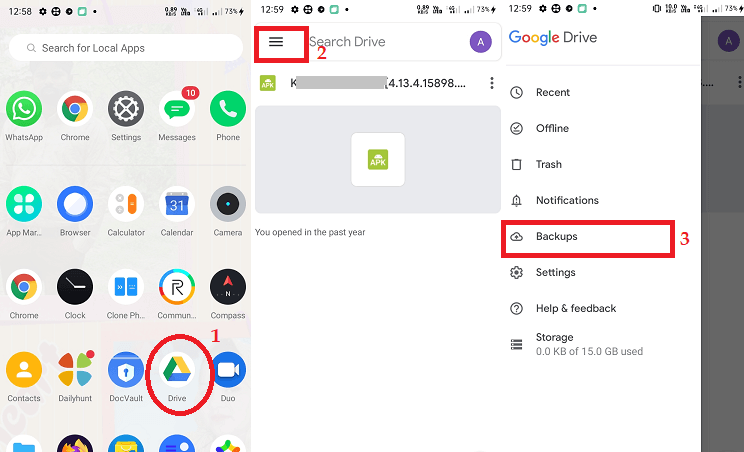
In today’s digital age, communication has evolved significantly. With the rise of various messaging platforms, the way we interact has become more convenient and instantaneous. However, alongside this convenience comes the dilemma of deleted messages. What happens to these vanished digital trails, and why do we delete them in the first place?
Types of Deleted Messages
Deleted message’s come in various forms, ranging from text messages and emails to social media messages and voicemails. Each type holds its significance and implications, depending on the context in which it was sent.
Reasons for Deleting Messages
The reasons for deleting messages are diverse. Privacy concerns often prompt individuals to erase sensitive or personal conversations. Sometimes, messages are deleted due to simple mistakes, while other times, it’s for legal reasons or to avoid embarrassment.
The Process of Deleting Messages
Deleting messages is a straightforward process, usually involving a few taps or clicks. However, understanding the nuances between permanent deletion and temporary deletion is crucial. While some platforms offer the option to recover deleted message’s within a certain timeframe, others erase them permanently.
Recovery of Deleted Messages

Despite the seemingly final act of deletion, messages can sometimes be recovered through various methods. However, these methods come with risks and limitations, making the retrieval process uncertain and sometimes impossible.
Implications of Deleted Message’s
The consequences of deleted message’s extend beyond the digital realm. From personal repercussions to legal implications, the act of deleting messages can have far-reaching effects on individuals and relationships.
Tips for Managing Deleted Messages
To navigate the complexities of deleted messages, it’s essential to adopt certain practices. Backing up messages regularly, thinking before hitting delete, and opting for secure messaging platforms are some effective strategies.
The Future of Deleted Message’s
As technology continues to evolve, so do the challenges and concerns surrounding deleted messages. Advancements in data recovery techniques raise questions about privacy and security, urging individuals and organizations to reconsider their digital communication habits.
Conclusion
Deleted messages represent a vanishing digital trail that holds significance in today’s communication landscape. Understanding why message’s are deleted, the implications of their disappearance, and adopting proactive measures are essential steps in managing digital conversations responsibly.
FAQs
- Can deleted message’s be retrieved indefinitely?
While some methods claim to recover deleted messages, there’s no guarantee of success, especially as technology advances and encryption methods improve. - Are deleted message’s ever truly gone?
In most cases, deleted messages are permanently erased from the sender’s and recipient’s devices. However, traces of data may still linger in servers or backups. - Can employers access deleted message’s on company devices?
Depending on company policies and IT infrastructure, employers may have the capability to access deleted message’s on company-owned devices. - Is it illegal to delete messages related to legal matters?
Deleting messages related to legal matters can have legal implications, especially if they are considered evidence in a case. It’s crucial to consult legal counsel before deleting any potentially relevant messages. - How can I prevent accidentally deleting important messages?
To prevent accidental deletion, consider enabling message archiving or using apps that offer a “recycle bin” feature, allowing you to retrieve deleted message’s within a specified period.



